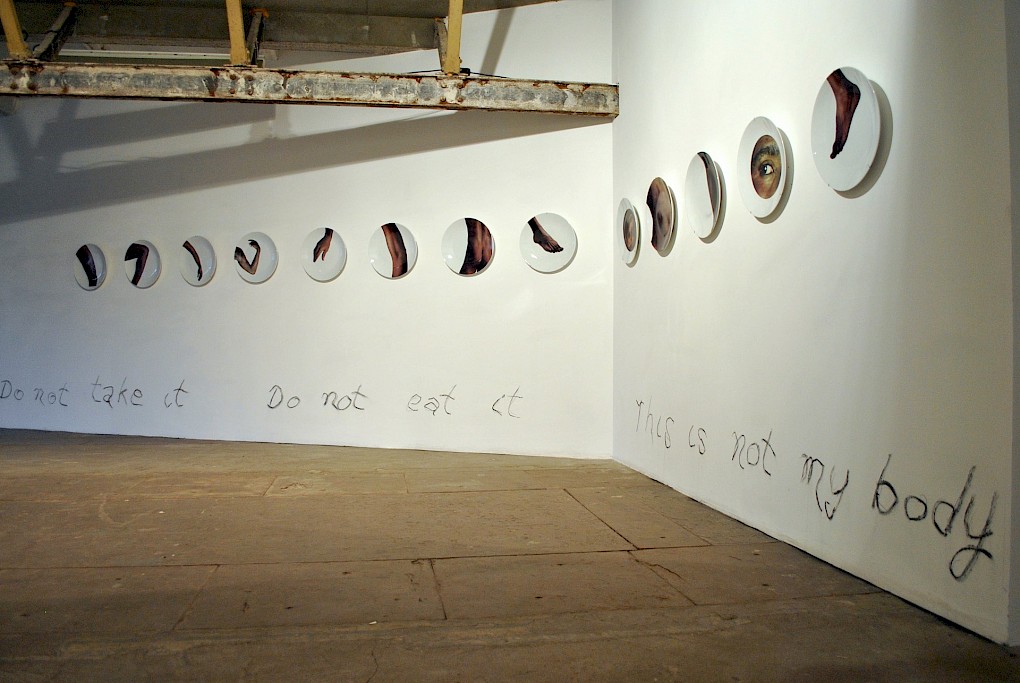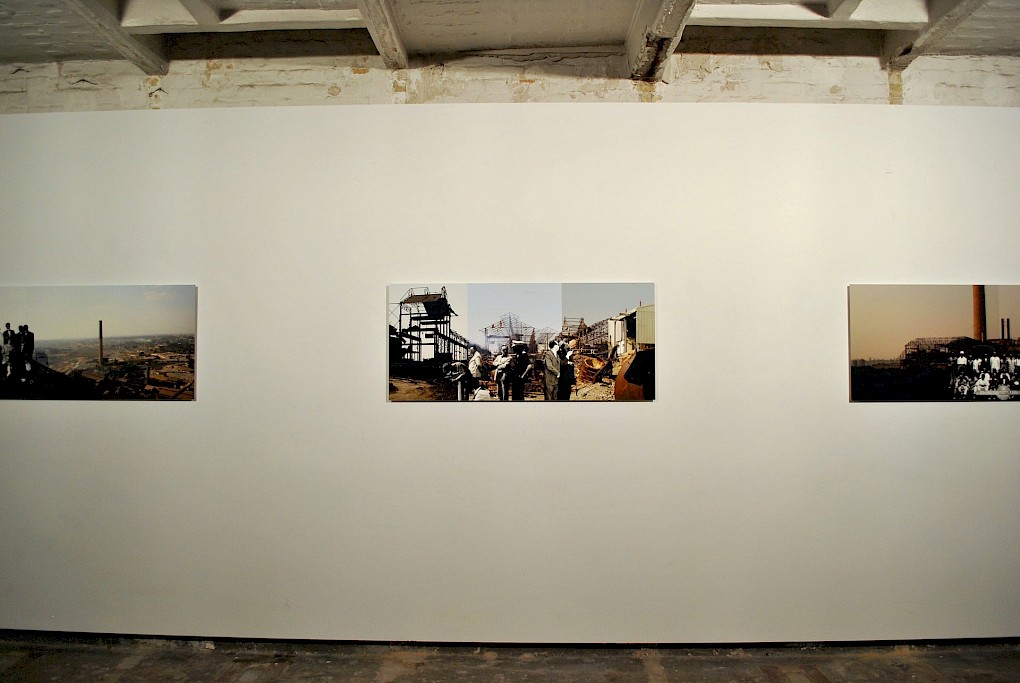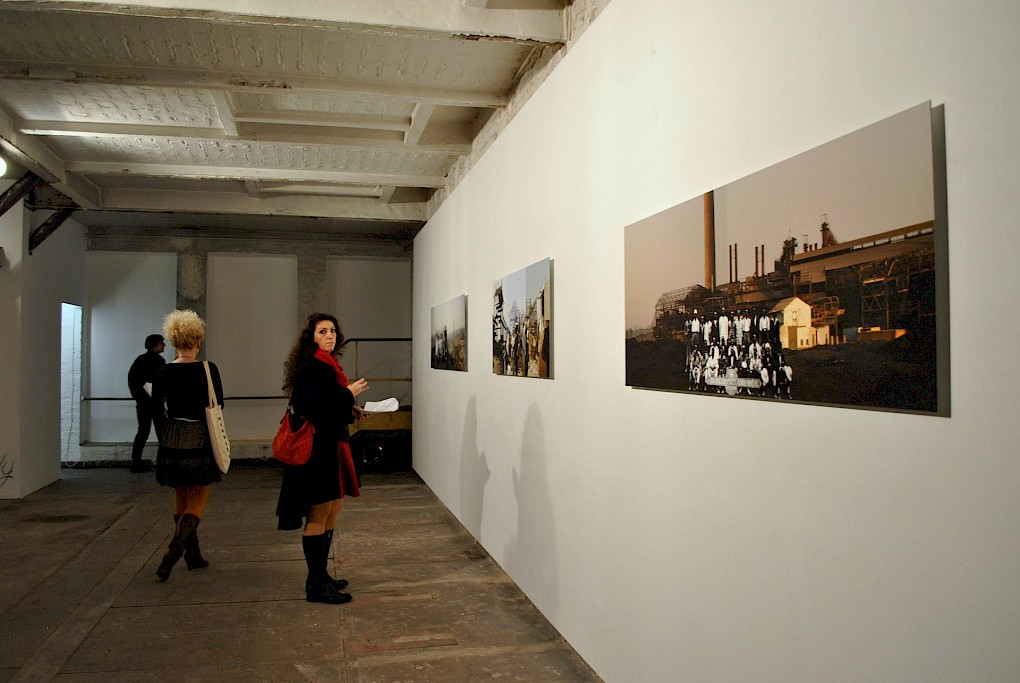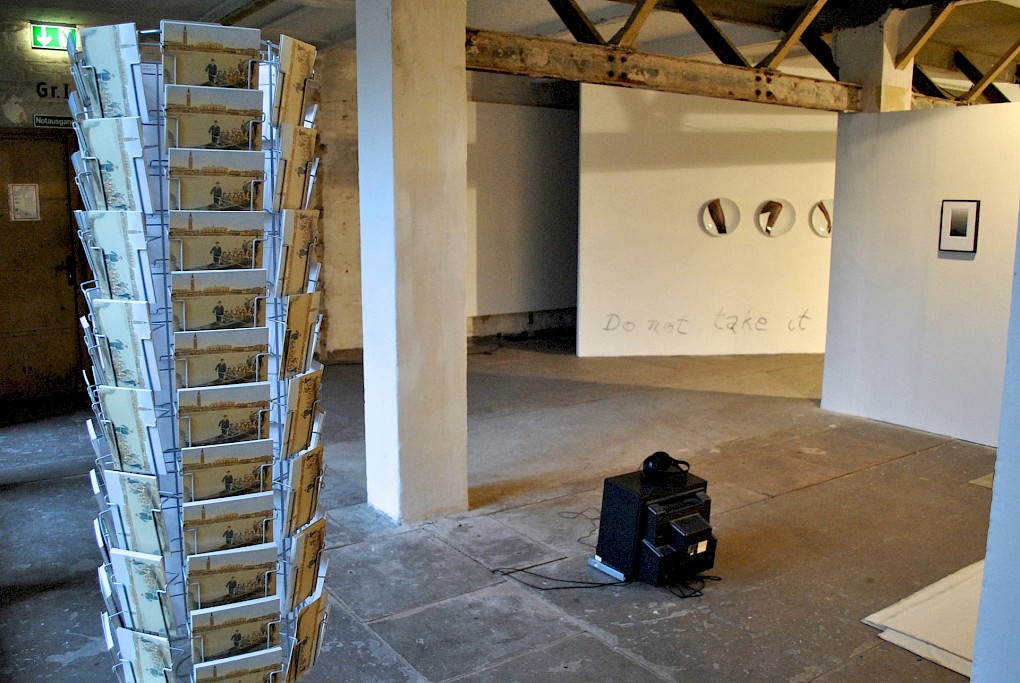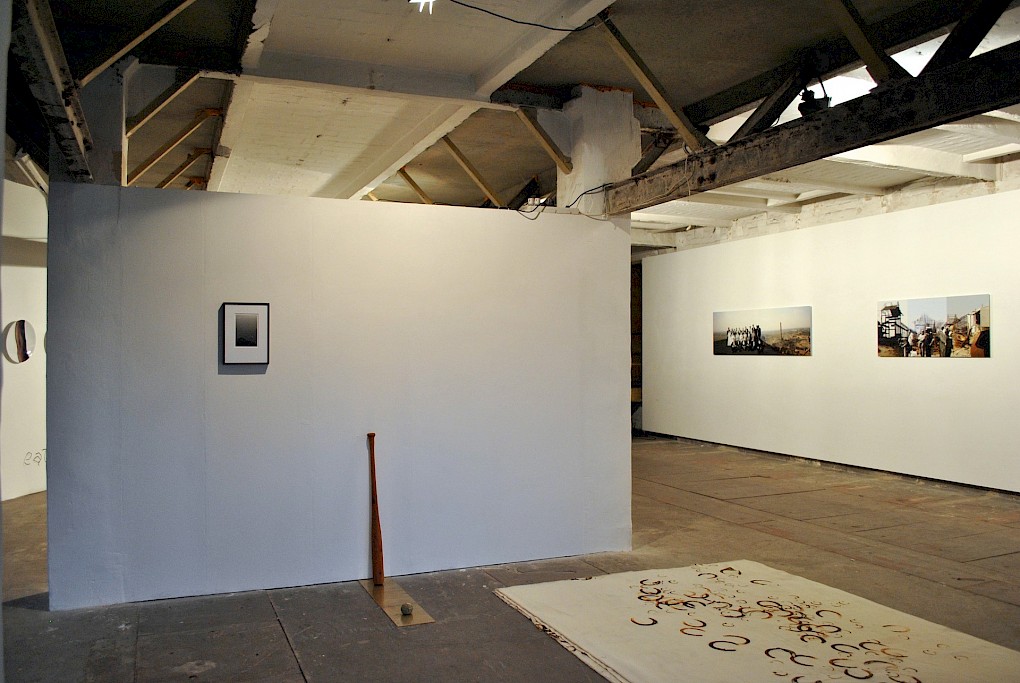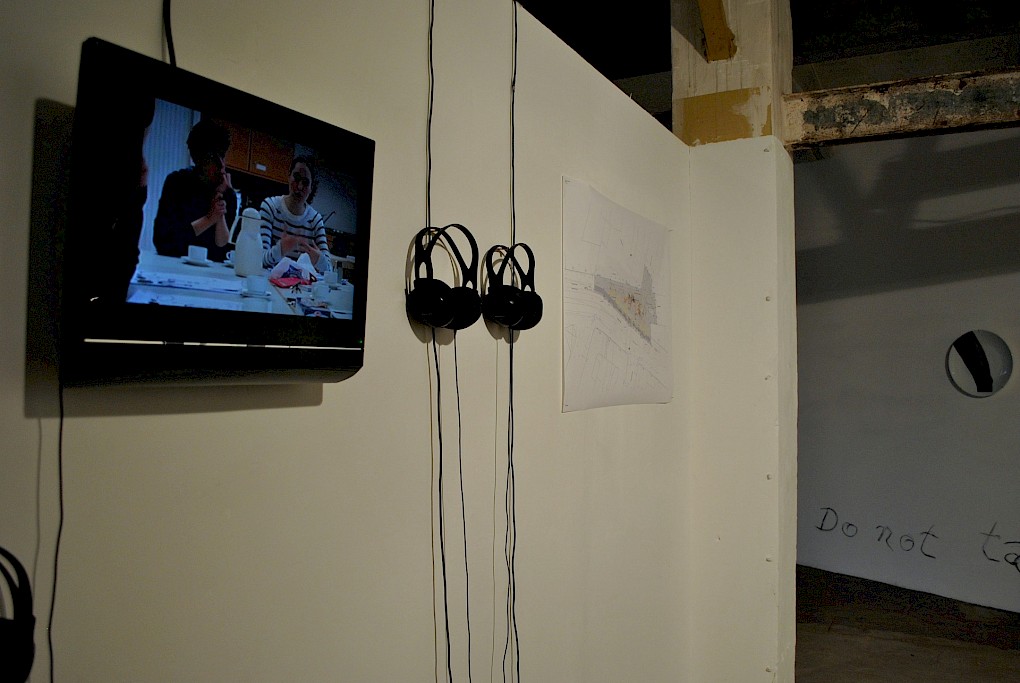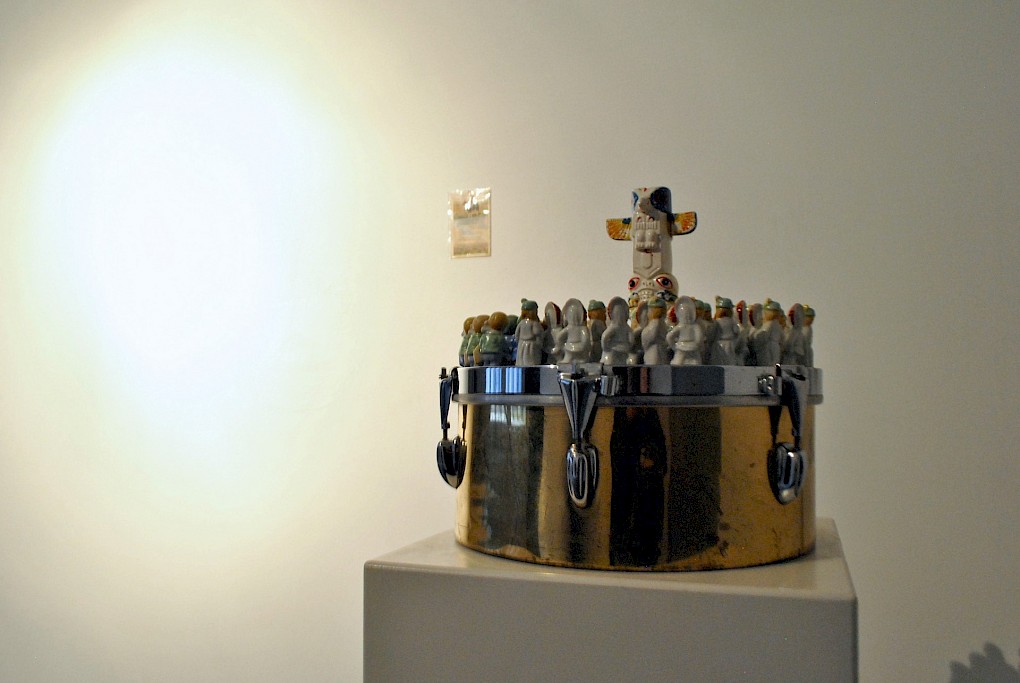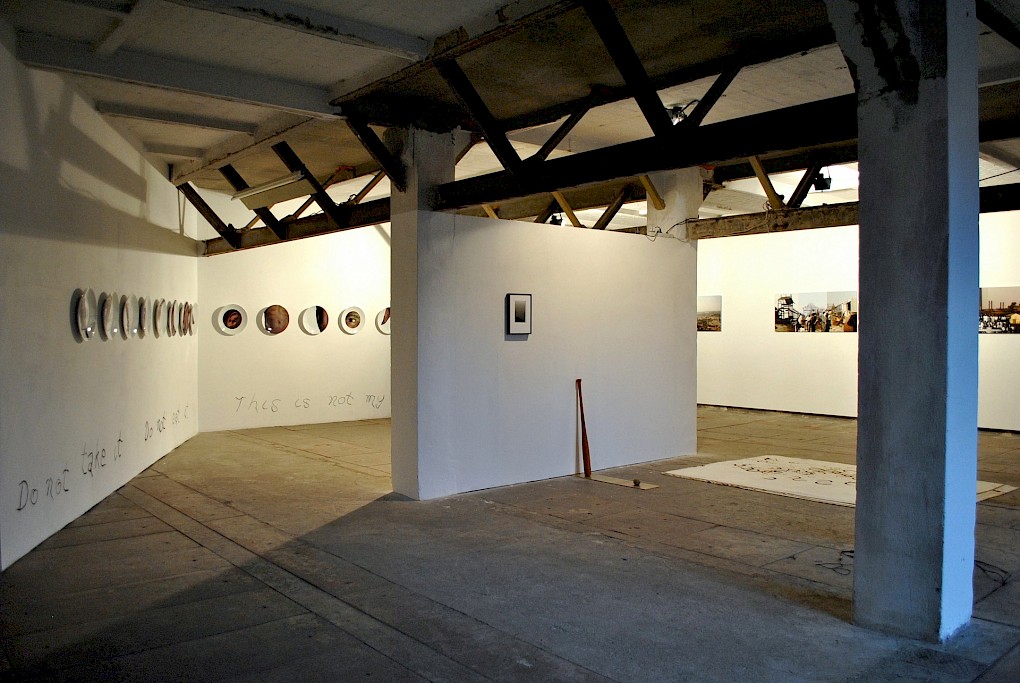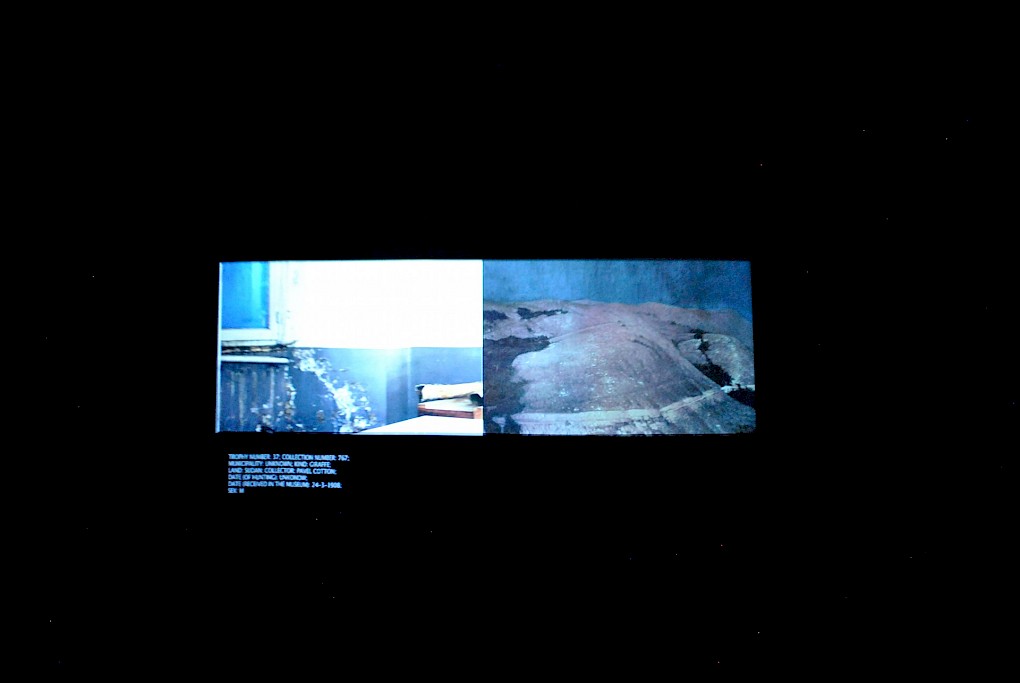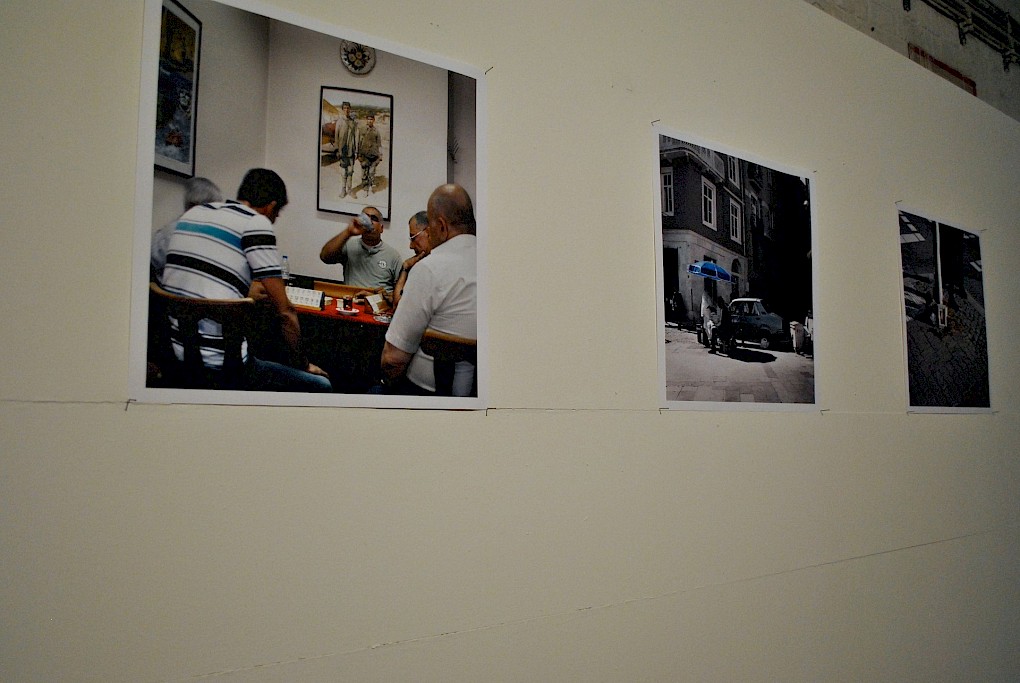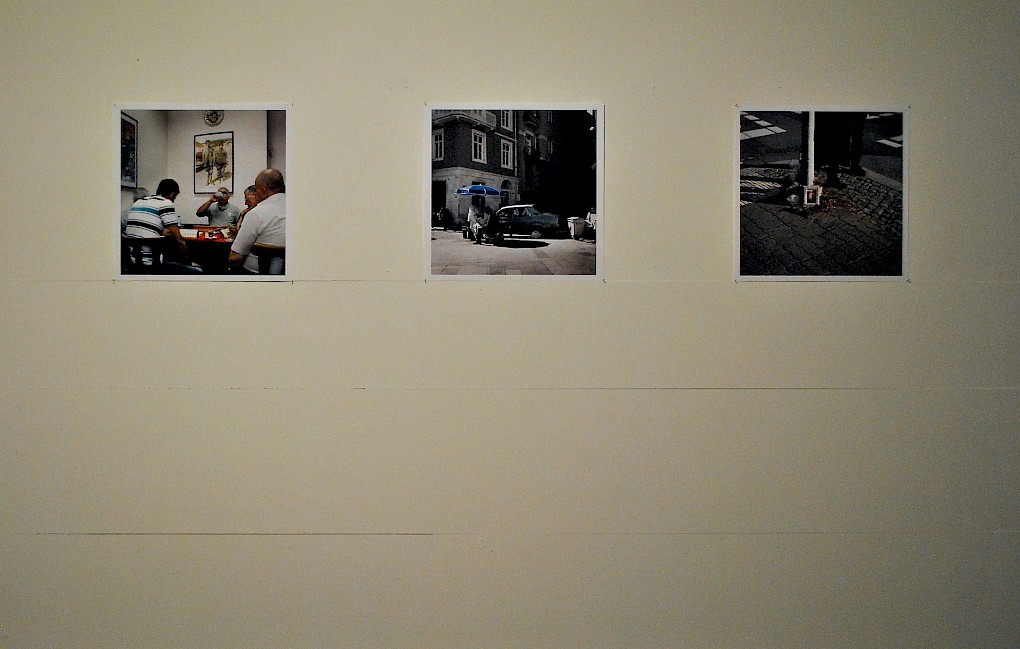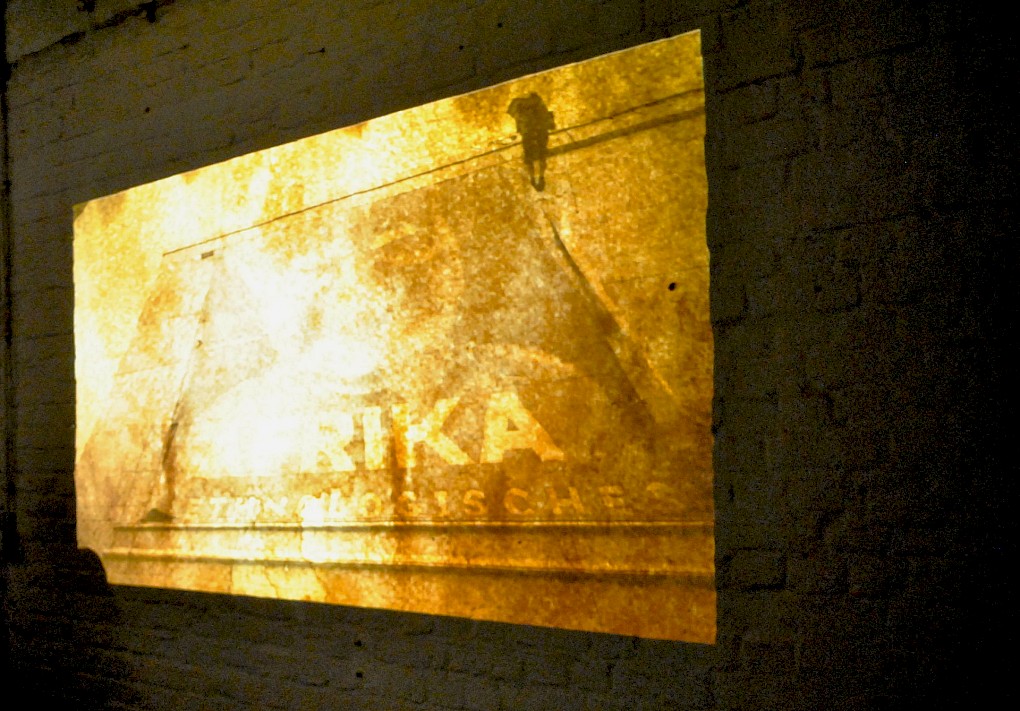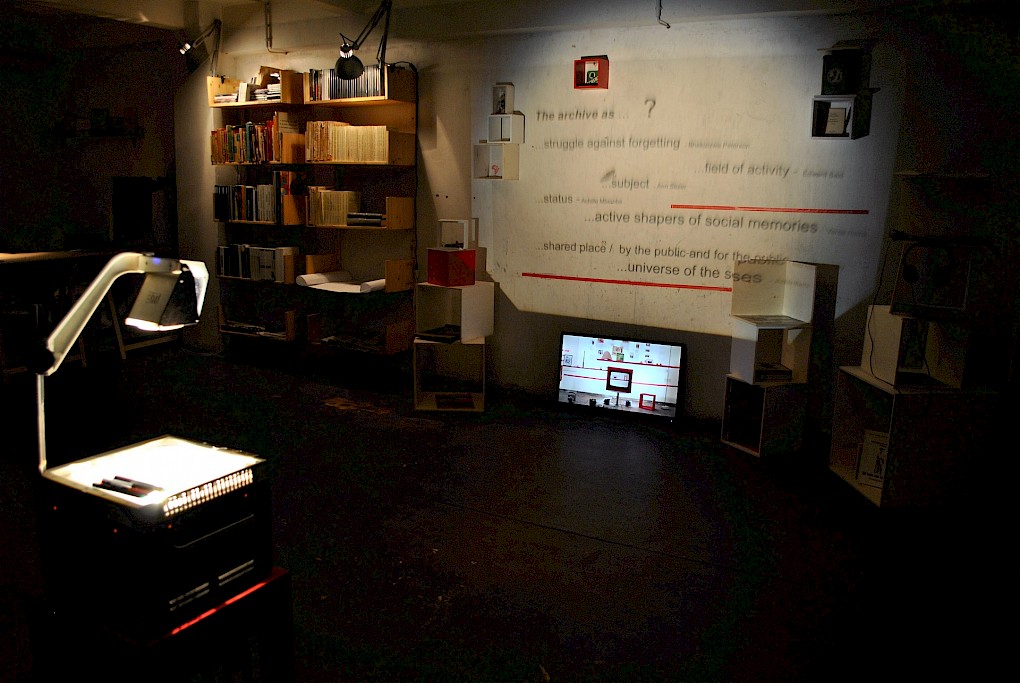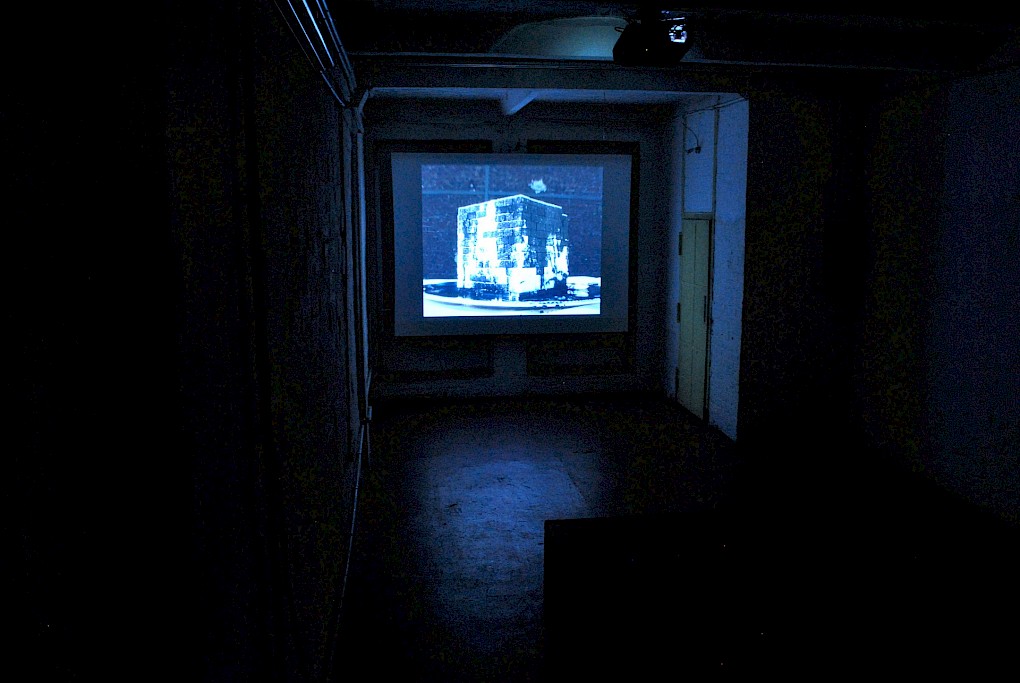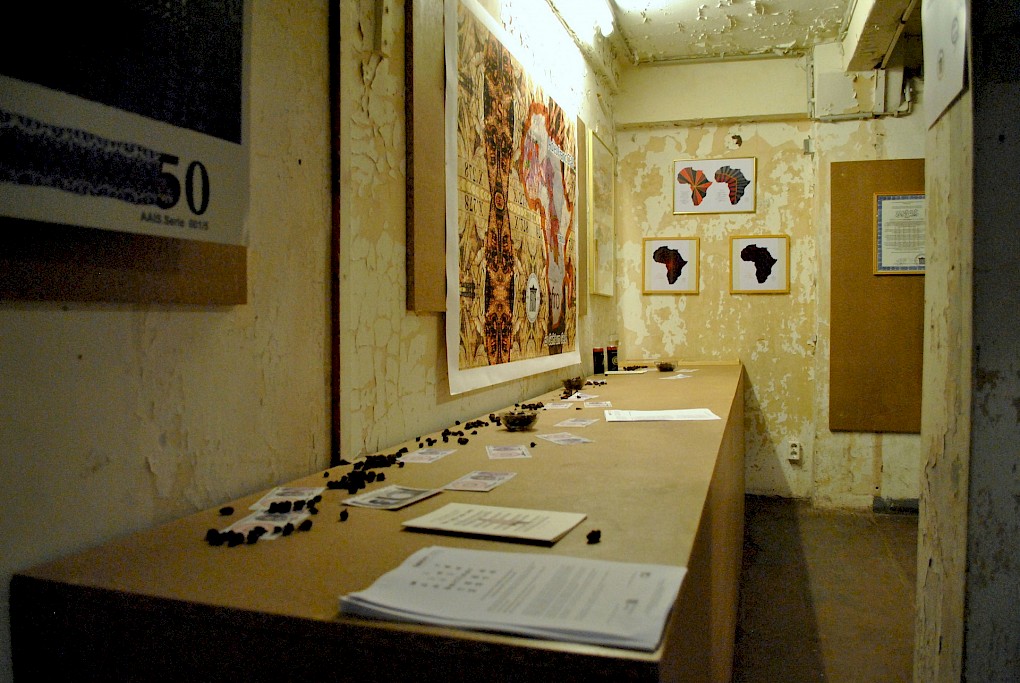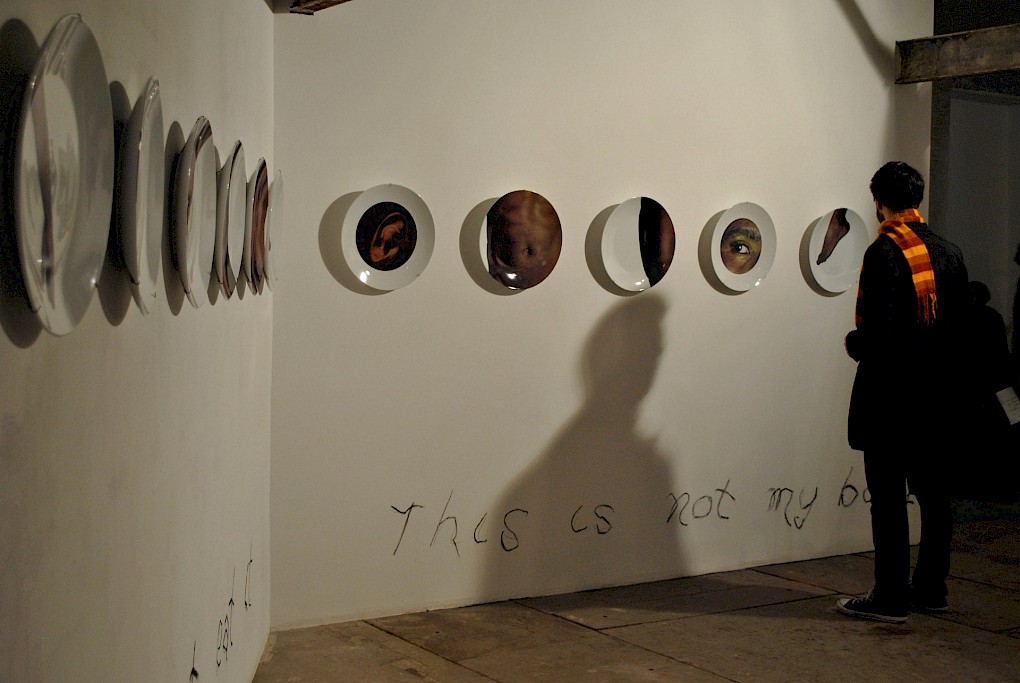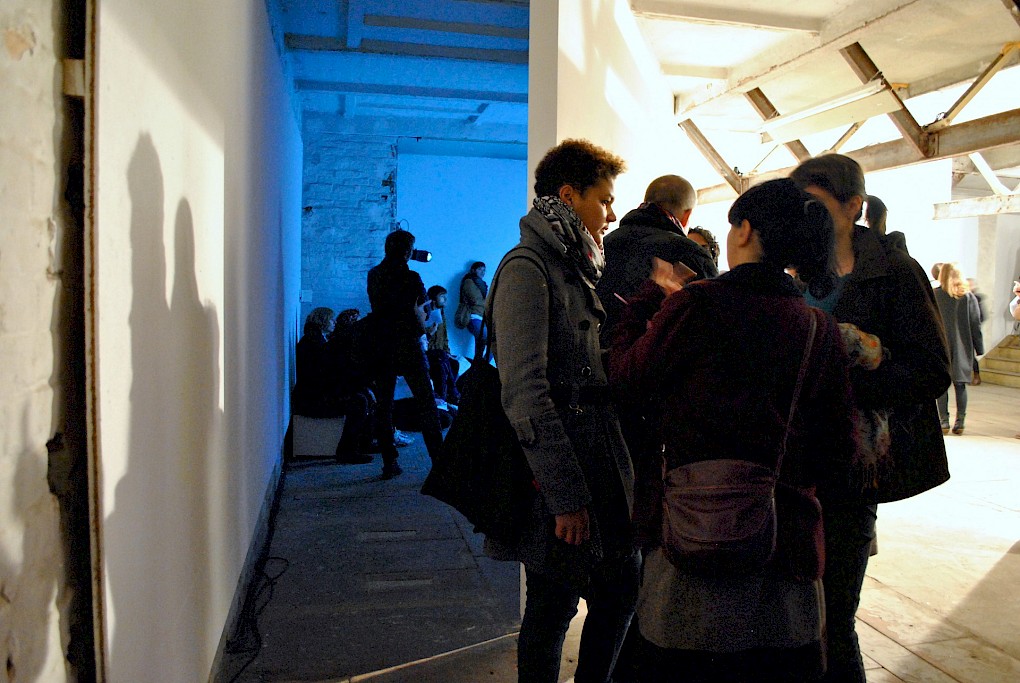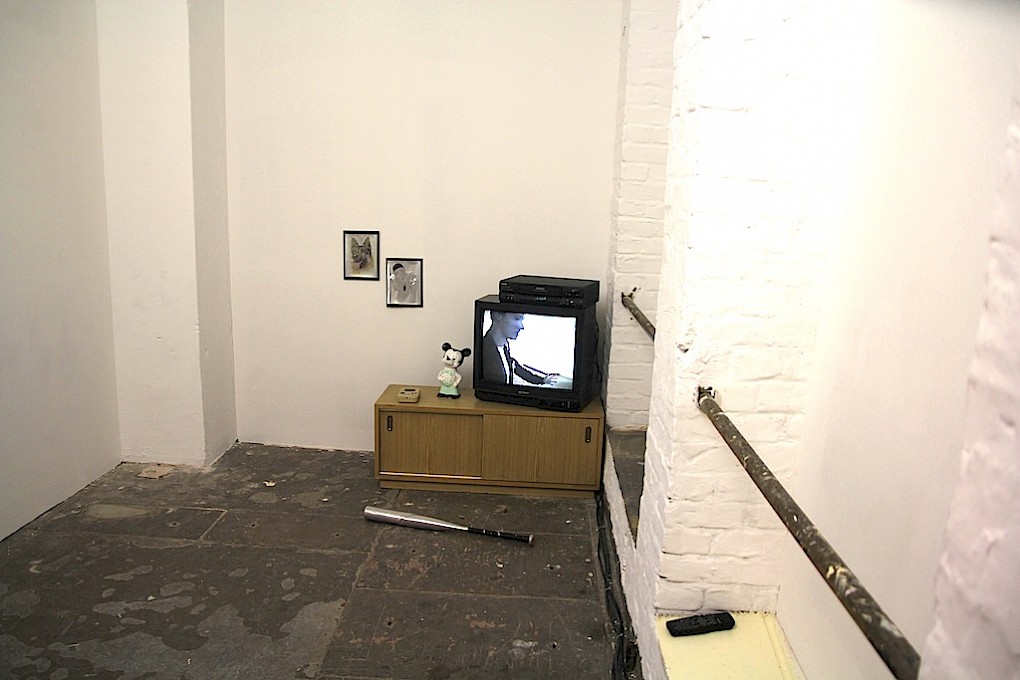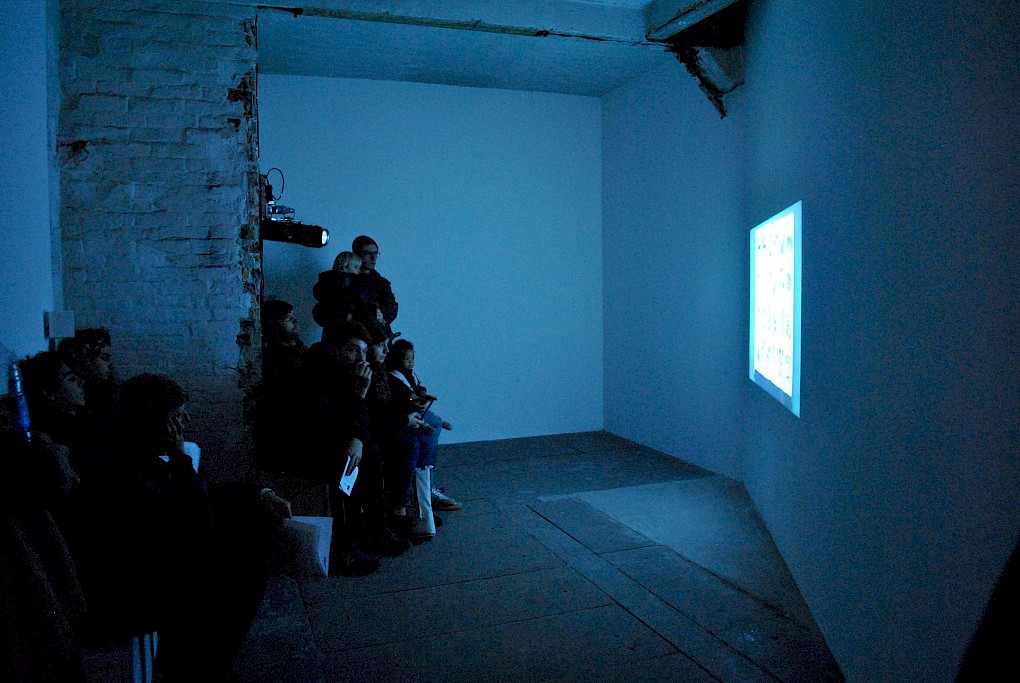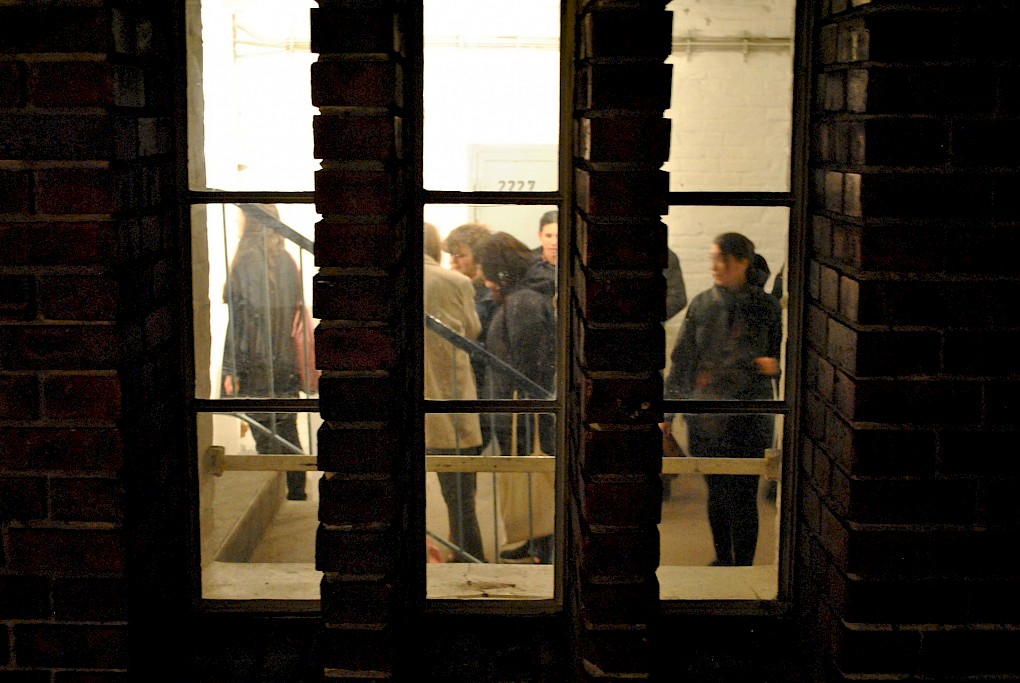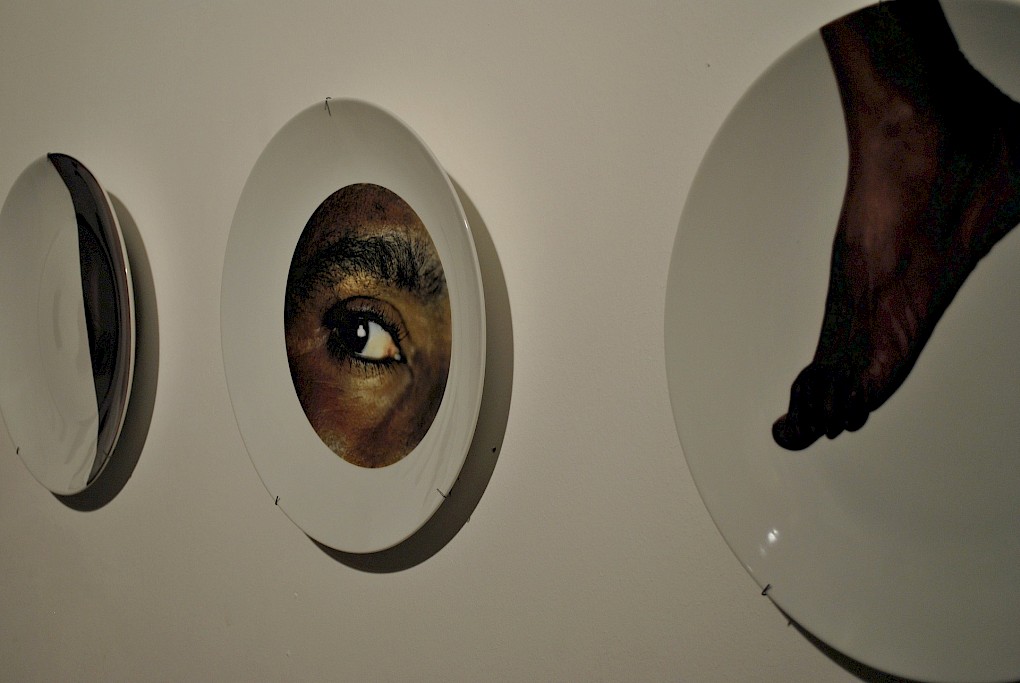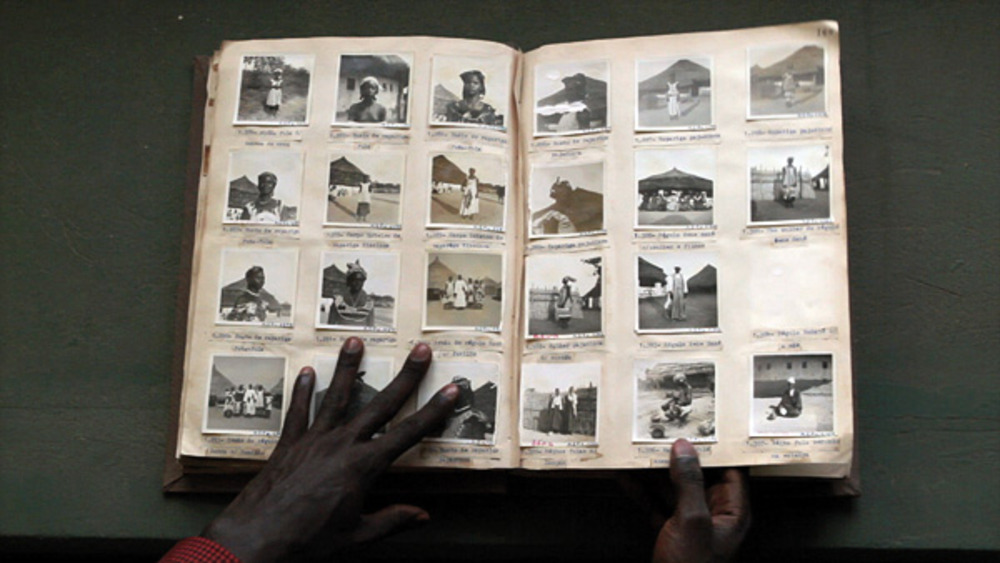Wir Sind Alle Berliner: 1884–2014
A Commemoration of the Berlin Congo Conference
Exhibition 15.11.2014–26.02.2015
With Kader Attia, Sammy Baloji, Bili Bidjocka, Filipa César, Mansour Ciss, Theo Eshetu, Satch Hoyt, Cyrill Lachauer, Nadia Kaabi Linke, Henrike Nauman, Thabiso Sekgala, Katarina Zdjelar
Discursive Programme 17.02., 26.02.–01.03.2015
With Simon Njami, Ann L. Stoler, Manthia Diawara, Nana Adusei-Poku, Vanessa Agard-Jones, Akinbode Akinbiyi, Kader Attia, Bilgin Ayata, Bili Bidjocka, Friedrich von Bose, Silvy Chakkalakal, Manthia Diawara, Paola Ivanov, Imara Limon, Sarah Mazouz, Renée Mussai, Kien Nghi Ha, Peggy Piesche, Anupama Rao, Dierk Schmidt, Alessandro Triulzi, Francoise Vergès, Larry Achiampong, David Blandy, Qudus Onikeku, Ahmed Soura, Charles Sammons, Kelvin Sholar, Eric Vaughn, Adam Bahar, Saraya Gomis, Jamie Schearer, Filipa César, Theo Eshetu, Bodil Furu, FOKN Bois, Dagmawi Yimer
Dedication
This exhibition is dedicated to Thabiso Sekgala (1981–2014)
Curation Simon Njami
Artistic direction Bonaventure Soh Bejeng Ndikung and Elena Agudio (SAVVY Contemporary)
Artistic coordination Lucie Touya (L’Agence à Paris)
Concept Discursive Programme
Bonaventure Soh Bejeng Ndikung with Elena Agudio, Anna Jäger, Saskia Köbschall
November 2014 marks the 130th anniversary of the Berlin Congo Conference and the official partitioning of Africa by Western (European, North American and Ottoman) colonial forces – in absence of African representatives. It is against this backdrop that the exhibition Wir Sind Alle Berliner: 1884–2014 reminisces this determining moment in world and its severe and ongoing repercussions and history and reflects upon Berlin’s historical and contemporary bond to Africa.
The exhibition proposes a space for deliberation on the repercussions of this conference on past and current socio-political and economic phenomena in a Europe of flourishing nationalism and racism, as it deals with issues like migration flow or border and identity politics.
When J.F. Kennedy uttered “Ich bin ein Berliner” in the divided Berlin of 1963 he expressed what was clearly a political position but even more so, he formulated a humanist statement aspiring to dismantle the borders erected by the Cold War. With the Berlin Conference of 1884 as point of departure we go back over these immanent tensions and transpose them to present times. Kennedy’s assertion was intended to widen our humanity to something beyond national existentialism and is thus clearly opposed to the positions taken by the Western nations which gathered around the African continent's map as if before a chessboard.
The European collaboration has never functioned as well as during the organization of the Berlin Conference which took place from November 15th 1884 until February 26th 1885. Organized by Bismarck and initiated by Portugal whose main purpose was to communicate its territorial complaints to certain European countries, the conference resulted in the division of Africa among the colonising nations who, after the discovery of the Transvaal diamond mines in 1867, had just come to notice that the continent abounded with natural resources of which they needed to get a hold. Besides Germany and Portugal, the other participants were Austria-Hungary, Belgium, Denmark, the Ottoman Empire, Spain, France, Great Britain, Italy, the Netherlands, Russia, the Suedo-Norwegian Union and the United States. The purpose of the reunion was essential at a time when quarrels between colonisers had a negative impact on trade and European relations. Fourteen occupying powers thus take part in a debate where the main parties involved, the Africans, are excluded. Beyond the immorality and cynicism that presided at that conference, Wir Sind Alle Berliner: 1884–2014 is interested in both the exclusion and absence of the African people. Not in a sense of claim (one cannot rewrite history) but in the perspective of a new light being shed on the Conference with contemporary terms.
What hasn't been said explicitly about this conference is that, while it altered the contours of the African continent, it also changed Europe!
Wir Sind Alle Berliner: 1884–2014 intends to look at how this conference, despite the absence of the African protagonists, allowed Africa to modify Europe. We will address the signs of those changes in the city of Berlin by inviting artists to reflect on the ebb and flow phenomenon inherent to all colonial systems as well as the migratory movements to and in Europe up to today. Departing from absence, how have these players been able to attain presence and, in some extreme cases, hyper-presence? What is the nature of the negotiation initiated with the “welcoming country”? And how can that same country define and evaluate itself by the yardstick of the past. How does it look at these subjects that, in the end, are just ordinary citizens from overseas? And, after seeing the German pavilion in the last Venice Biennial, how would we define the German identity: In a rigid and historical way, stagnating with Wagner and Goethe, or in a rather fluid and more contemporary sense? The city of Berlin, who hosted the conference, is obviously the most appropriate location for this discussion that goes beyond the borders of the German territory and includes all the countries that took part in the conference. The debate on nationality and citizenship that is occupying an increasingly important place in Europe deserves to be addressed from the standpoint of the Other, “the intruder.”
This is what this project intends to do.
Support Allianz Kulturstiftung
Media partner Contemporary And
